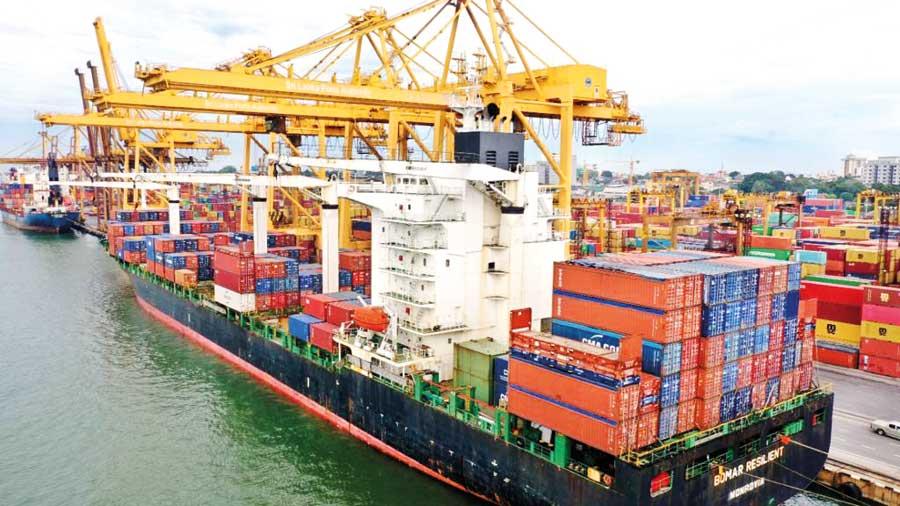Reply To:
Name - Reply Comment
- Deficit through July measured at US$ 2,986mn compared to US$ 2,755mn last year
- SL ended 2021 with a BoP deficit of US$ 3,961mn, the highest level on record
- Govt. on the advice of CB has slapped import bans on a number of items deemed non-essential
- Inflows to stocks, govt. and tourism earnings showing positive trend

Sri Lanka’s Balance of Payment (BoP), which was racing past last year’s levels until recently, is slowing down after the Central Bank and the government instituted multiple measures to bring the surging imports to parity with what the country earns from exports and other current account inflows since April this year.
According to the most recent external sector data available through July, the cumulative deficit in the BoP—the net impact of a country’s trade and investment dealings with foreign countries—showed signs of easing with the deficit reported at US$ 2, 986 million.
In the same period last year, when imports were fast racing, both amid rising global energy and commodities prices and the consumption and investments activities which continued unabated, the deficit expanded to US$ 2, 755 million and ended the year with a total BoP deficit of US$ 3,961 million, the highest level on record, partly causing the current economic crisis.
Since the economy’s crash in March after running out nearly all available foreign currency reserves, the government banned the importation of a number of items deemed non-essential while the Central Bank raised interest rates to restrictive levels to crush demand so that the demand for consumption and investment related imports were brought to a bare minimum.
Besides the narrowing trade deficit, increased foreign inflows to the Colombo Stock Exchange were seen, reversing the trend seen until recently. Such portfolio inflows turned a net inflow of US$ 95 million during January-July period from an outflow of US$ 165 million in the corresponding period last year.
Meanwhile, inflows to the government by way of long term loans also surpassed last year’s levels to US$ 1, 437 million in the six months through June from US$ 782 million in the same period last year.
Further, earnings from tourism rose substantially to US$ 825 million in the first seven months from a paltry US$ 50 million last year when the country was largely engulfed with the pandemic scare.
Worker remittances still remain a sour spot with cumulative seven-month inflows at US$ 1, 889 million in 2022 compared to US $ 3, 778 million in the same period last year.